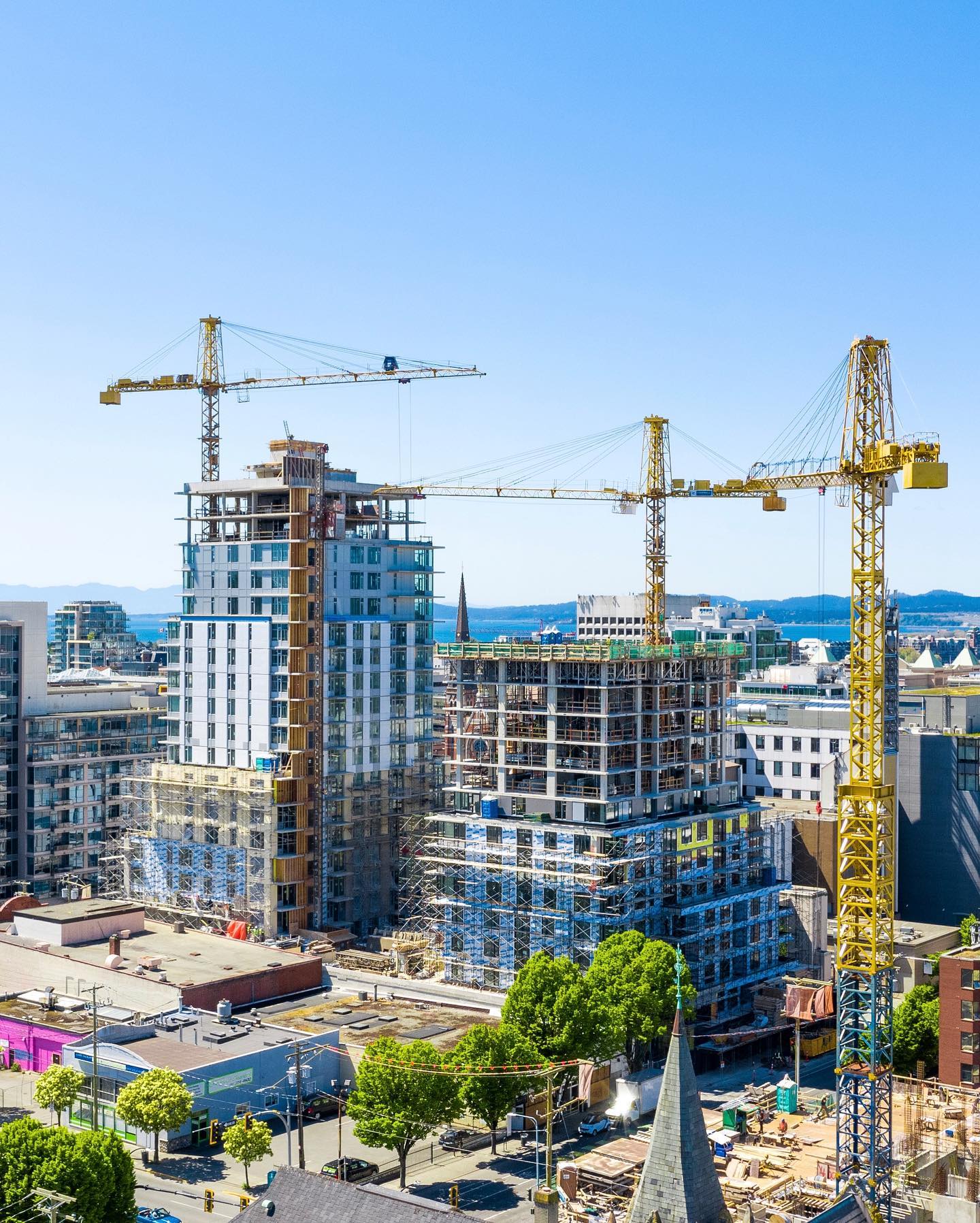
he CBC’s The Current recently spotlighted a dramatic downturn in Canada’s condo market — some are calling it a crash. Toronto and Vancouver dominate the narrative, where pre-sale buyers are defaulting, projects are being canceled, and investors are left holding the bag. But how does this national story translate to Victoria?
According to the podcast, Canada’s major condo markets experienced a meteoric rise in prices over the past decade, followed by a sharp correction. In Toronto alone, an estimated 23,000 condos will sit empty. Investors who once banked on endless appreciation are now facing losses, lawsuits, and in some cases, financial ruin.
Economist Mike Moffatt described the situation as a “freeze” — stalled construction, investors sidelined, and uncertainty clouding the market’s future. His warning: this pause could set the stage for a future supply crunch, pushing prices higher again when demand inevitably rebounds.
Here in Victoria, the dynamics are strikingly different. We don’t have towers of unsold condos looming over the skyline. Our challenge is the opposite: limited supply and steady demand.
Unlike Toronto, Victoria’s condo market is driven less by speculative investors and more by end users: retirees, downsizers, and first-time buyers. That demand is rooted in lifestyle and demographics, not flipping pre-sale contracts.
Victoria’s condo market has softened since the 2022 peak, with 1-bedroom and studio units most affected as investors exit and thousands of new purpose-built rentals cool rent prices. While Toronto and Vancouver face a condo crash, Victoria remains more isolated and stable — though local uncertainty, including the BCGEU labour strike, is adding hesitation.
That said, Victoria isn’t immune. Pre-sale projects in Langford and Colwood rely on investor capital to get shovels in the ground. If credit tightens further, stalled developments could reduce the future housing pipeline, making affordability even more elusive. A Toronto-style “freeze” in construction here would quickly ripple through a market already defined by scarcity.
The CBC’s deep dive is a timely reminder:
Victoria doesn’t face a “condo crash” like Toronto. Our story is one of stability, but also vulnerability: when a small market depends on a thin stream of buyers and new projects, any disruption can have outsized effects.
The takeaway? While Canada reckons with the fallout of speculative excess, Victoria’s challenge is ensuring enough homes get built to support end users. Because here, a condo isn’t just an investment vehicle — it’s someone’s future home.

Dustin Miller is the managing broker of 8X Real Estate. When he's not on the road, he is on his computer looking at real estate. You can often find Dustin at his office enjoying a bowl of won-ton soup.